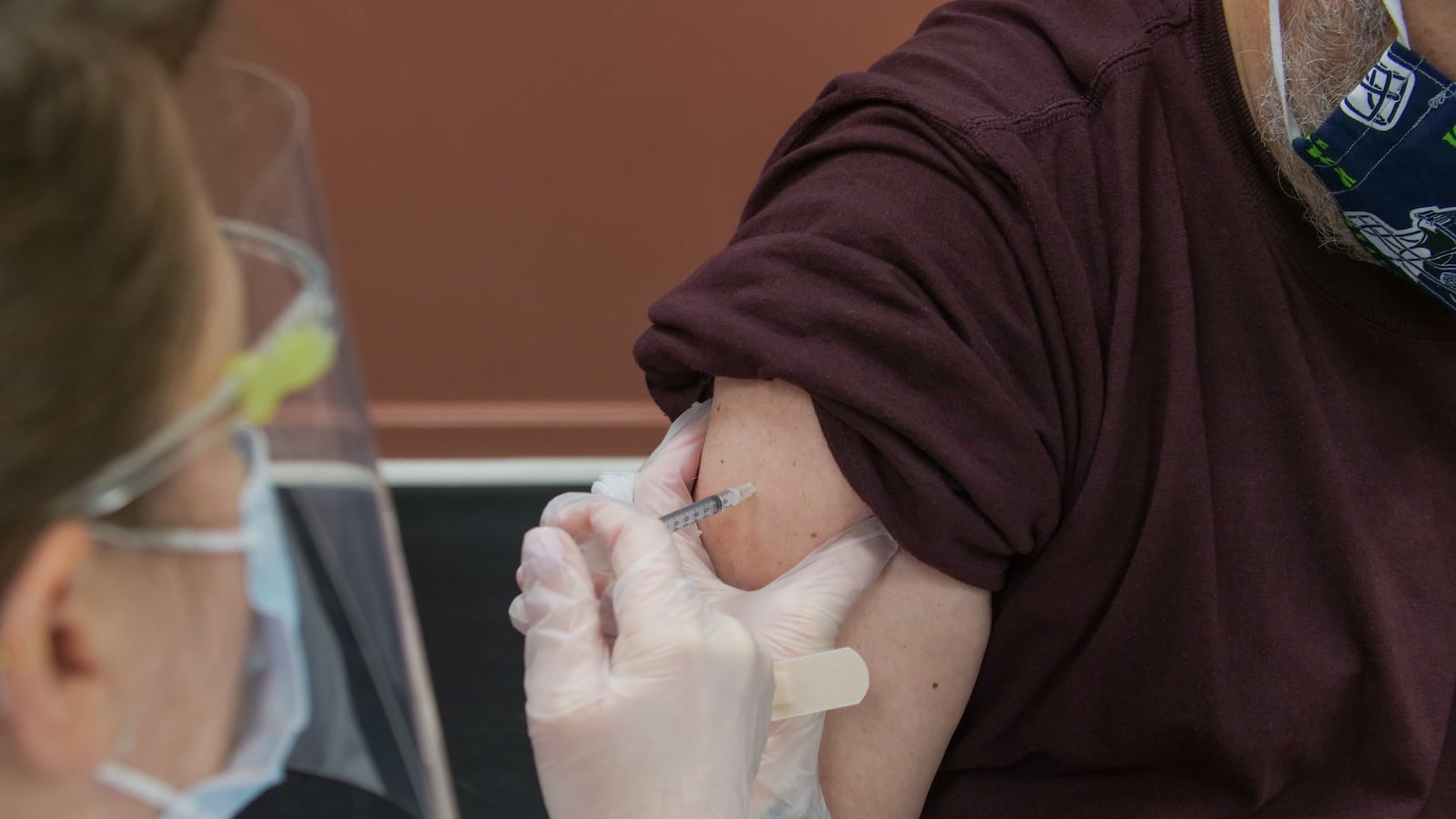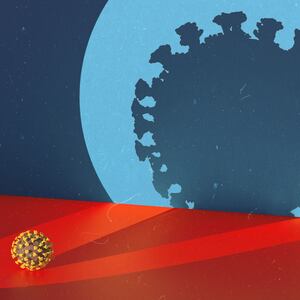The efficacy of many vaccines are boosted by substances called adjuvants. They kickstart your body’s immune response, encouraging stronger and longer-lasting immunity.
On the whole, adjuvants are pretty safe: They’ve been tested on and used in human vaccines for decades and can come in a variety of forms (like fatty acids or natural oils). But they can also cause adverse post-jab reactions like redness, swelling, and pain in your arm. Some adjuvants can even lead to fever, chills, and body aches. Many people who’ve gotten the COVID-19 vaccine (and hopefully that includes you, dear reader) know what this feels like.
To be fair, these are good signs the immune system is working, but we’d all prefer to retain the benefits of adjuvants without their negatives. That brings us to red blood cells: the disc-shaped cells with a concave center that zip through 60,000 miles of blood vessels in your body to deliver oxygen and remove wastes. Now, their responsibilities expand to include preventing COVID-19 infection.
In a study published March 11 in the journal PLOS One, researchers at McMaster University in Canada bioengineered red blood cells to carry the COVID-19 virus’ spike protein, opening up a revolutionary new method for vaccinating people against the disease while reducing the potential for negative side effects to arise.
Because red blood cells are the body’s natural taxis for different compounds, scientists have long investigated using them to deliver drugs to diseased cells and tissues, like cancer. At the start of the pandemic, some researchers thought it might be possible to basically use red blood cells to create an effective adjuvant-free COVID vaccine.
“When COVID-19 hit, [we] had the toolbox ready,” Maikel Rheinstadter, a biophysicist and co-author of the new study, told The Daily Beast.
The McMaster researchers wanted to see if it was possible to make red blood cells mimic the spike protein of the coronavirus. They tested out chemicals that soften the cell membrane of red blood cells from mice. Then they inserted the spike protein on these softened membranes.
When these new spike-laden red blood cells were injected back into the mice, they led to the production of COVID antibodies for up to two weeks. In other words, the red blood cells led to vaccination against COVID.
And importantly, said Rheinstadter, the treated mice did not show the types of fevers, chills, and other negative side effects people have generally experienced after getting the COVID shot.
Rheinstadter and lead author Sebastian Himbert (who’s also based at McMaster) said the red blood cell vaccine conferred an immune response that was about as good as what’s been observed in other COVID vaccine trials on mice. While encouraging, we’ve yet to see whether these findings can be replicated in more thorough trials and whether a red blood cell-based vaccine would even work safely and effectively in humans.
Still, it may provide a personalized vaccine option for patients who are particularly sensitive to adjuvants and others who are nervous about dealing with adverse reactions after getting the shot.
Outside of COVID-19 and vaccine delivery systems, Rheinstadter and his team want to investigate using modified red blood cells to treat Alzheimer’s disease or even antibiotic resistance.
“We plan to have large-scale studies to see if there will be any side effects, what is the exact dosage, the exact mechanism, and so on,” said Rheinstadter. “But it could be a viable way for future vaccine development because no one has done that before. It’s an important alternative because it’s not an mRNA vaccine; it’s an engineered vaccine, and many people might feel more comfortable and safer using this.”






